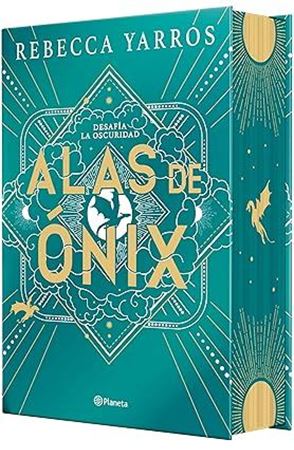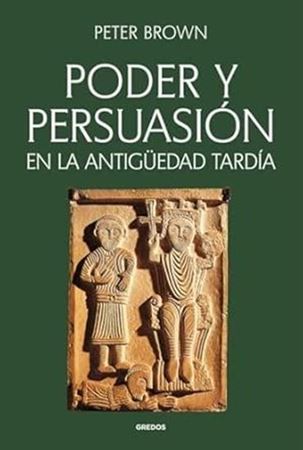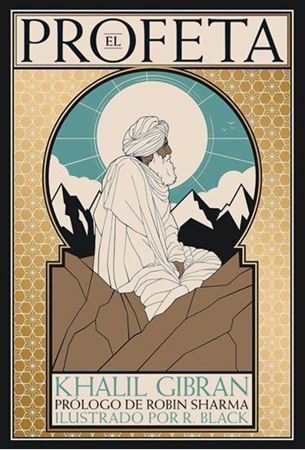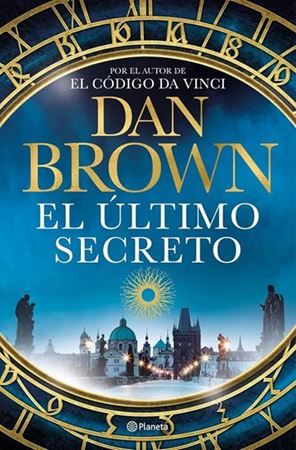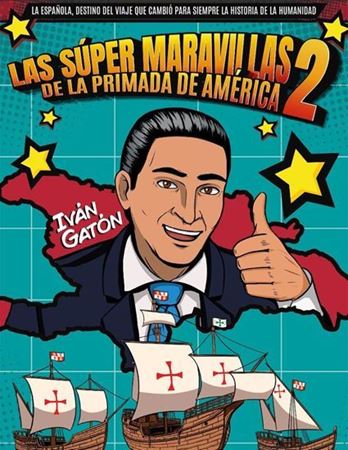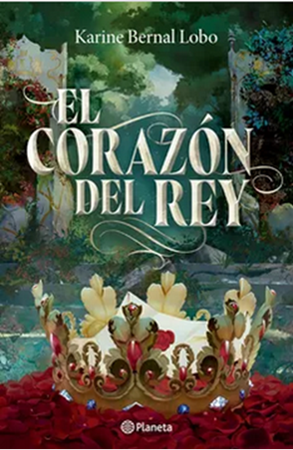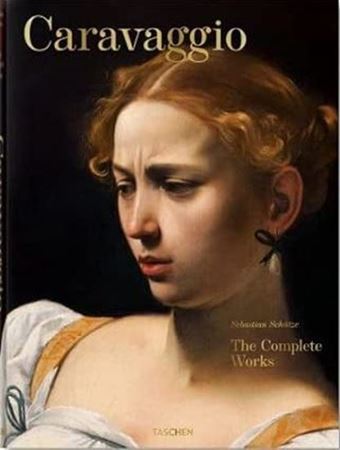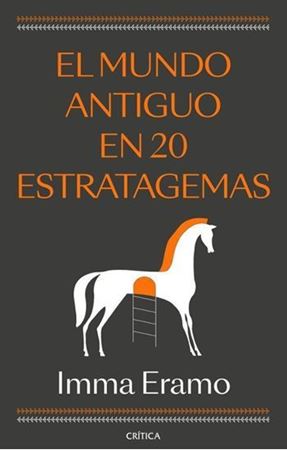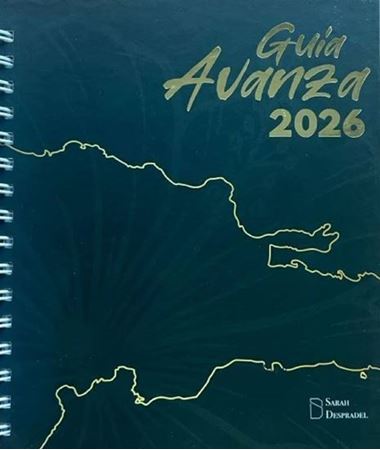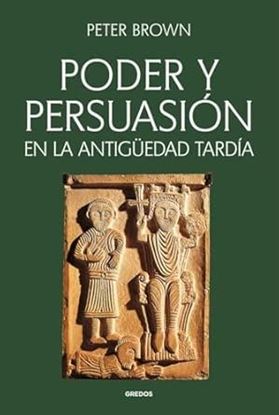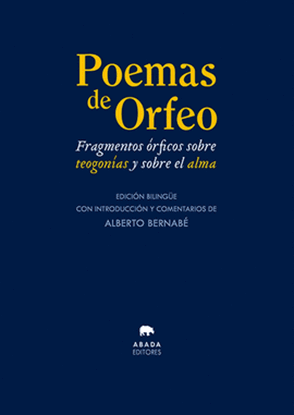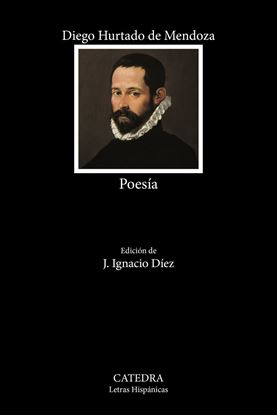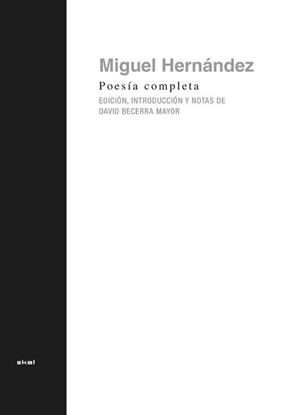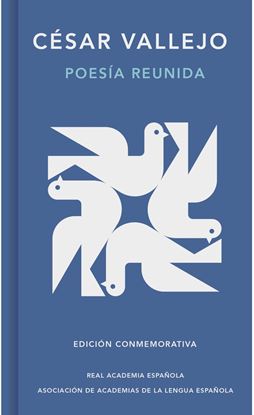

NOVEDADES
PODER Y PERSUASION EN LA ANTIGUEDAD T.
Entre los siglos IV y V d. C. el Imperio romano, en franca decadencia, experimentó una serie de cambios profundos. Y quizá el más importante de todos ellos fue la creciente influencia de la fe cristiana en las esferas de poder. Tradicionalmente los filósofos habían sido quienes a asesoraban a los gobernantes de Roma, pero poco a poco los obispos y otros creyentes cristianos fueron quienes ofrecieron un nuevo marco de pensamiento antiguo en el que los vínculos entre ciudadanos fueron sustituidos por una religión común que establecía una lealtad a un autócrata distante.
Peter Brown, la mayor autoridad en la civilización mediterránea de la Antigüedad tardía, analiza en esta obra cómo la enseñanza cristiana proporcionó un modelo para un imperio más jerárquico: los antiguos ideales de democracia dieron paso a la imagen de un gobernante glorioso que mostraba misericordia a sus súbditos. El resultado es uno de los ensayos más brillantes sobre esta época tan turbulenta como fascinante.
1,650
POEMAS DE ORFEO
Se contaba que Orfeo era un poeta extraordinario, capaz de conmover con su canto a animales, hombres y dioses, que descendió al Hades a rescatar a su esposa difunta y que logró convencer a los dioses infernales de que le permitieran traerla de vuelta al mundo de los vivos, si bien fracasó a última hora por no ser capaz de cumplir la condición impuesta de no volverse a mirarla. Por extraño que parezca, este personaje del mito se convirtió en autor de un heterogéneo grupo de obras que expresaban un pensamiento religioso distinto del imperante en Grecia, con analogías con el Pitagorismo y con la religiosidad eleusina, que postulaba un trato diferente a los seres humanos en el Más Allá, según su comportamiento en vida, y que proclamaba la posibilidad de que sus almas fueran castigadas a retornar al mundo encarnada en otros cuerpos hasta lograr su liberación. Los autores de estas obras sobre el origen del mundo y de los dioses, la creación de los seres humanos y la forma de lograr la salvación prefirieron atribuírselas al mítico personaje, para prestigiarlas.
2,500
POESIA
Junto con Garcilaso de la Vega y Juan Boscán, podría decirse que Diego Hurtado de Mendoza compuso el trío de autores que inauguró la nómina de los grandes poetas de los Siglos de Oro. Esta nueva edición actualizada ofrece su poesía completa, si bien cuidando de limitar la selección a aquellas obras que, sin duda alguna, pertenecen al poeta granadino, a quien en el pasado se ha atribuido un buen número de composiciones de autoría incierta o muy difícil de probar. Además, se ha optado por acompañar los textos de un aparato crítico completo, así como por conferirles una nueva ordenación por géneros (sonetos, octavas, etc.) con la intención de facilitar el acceso a la obra de Mendoza a sus nuevos lectores.
1,750
POESIA COMPLETA (AKAL)
Una edición crítica, con un estudio introductorio de la mano de David Becerra, que presenta la figura de un poeta comprometido con la política y con el arte de su tiempo y que es una de las cumbres de la poesía en lengua española del siglo XX.
3,700
POESIA REUNIDA (ED. CONMEMORATIVA RAE)
Autor fundamental de la literatura latinoamericana contemporánea, representante de las vanguardias poéticas en nuestra lengua, César Vallejo es un autor alabado por figuras como Rafael Alberti, Alejandra Pizarnik, Mario Vargas Llosa u Olvido García Valdés.
Sus libros Los heraldos negros, Trilce, Poemas humanos y España, aparta de mí este cáliz renovaron el lenguaje poético y marcaron un camino de gran influencia en la poesía.
Preparada por la Real Academia Española y la Asociación de Academias de la Lengua Española, esta antología, que recoge toda la poesía de Vallejo e incluye también textos de escritores y críticos en torno a su figura y su obra, además de un glosario y una bibliografía.
1,450

